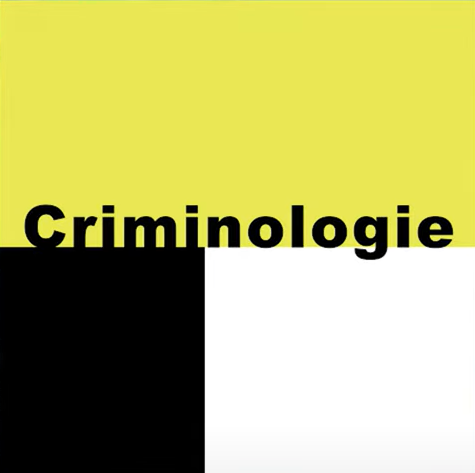This paper reviews four quantitative and mixed-methods research projects focused on both the problems, challenges and needs of young people under protection in their transition to adulthood, as well as the actions developed to foster their social inclusion. Based on the principal conclusions of these studies, the main objective of this transversal synthesis is to provide relevant information about the synergies, contradictions and dilemmas of the employed approaches for the transition to adulthood of young people leaving the child protection system. This information is organized around a series of nodal points focused on both the analyzed reality and the answers available for guiding future action in this regard. The results highlight the relevance of positive approaches in intervention, the search for autonomy and training in competencies, gender differences in the response to intervention, the need to address the significant school dropout rate, the dilemma of intervention with and from the family, as well as the migratory challenge. The accompanying social policies, specifically the knowledge exchange processes developed between public institutions, social entities and universities, also provide a reference.
This seventh episode interviews Miguel Melendro and Ana Cristina Gómez-Aparicio
Read the article on Érudit : https://doi.org/10.7202/1099006ar

Attention - Votre version d'Internet Explorer est vieille de 21 ans et peut ne pas vous offrir une expérience optimale sur le site du CICC. Veuillez mettre à jour votre ordinateur pour une expérience optimale. Nous vous recommandons Firefox ou Chrome, ou encore ChromeFrame si vous êtes dans un environnement corporatif ou académique dans lequel vous ne pouvez pas mettre à jour Internet Explorer.